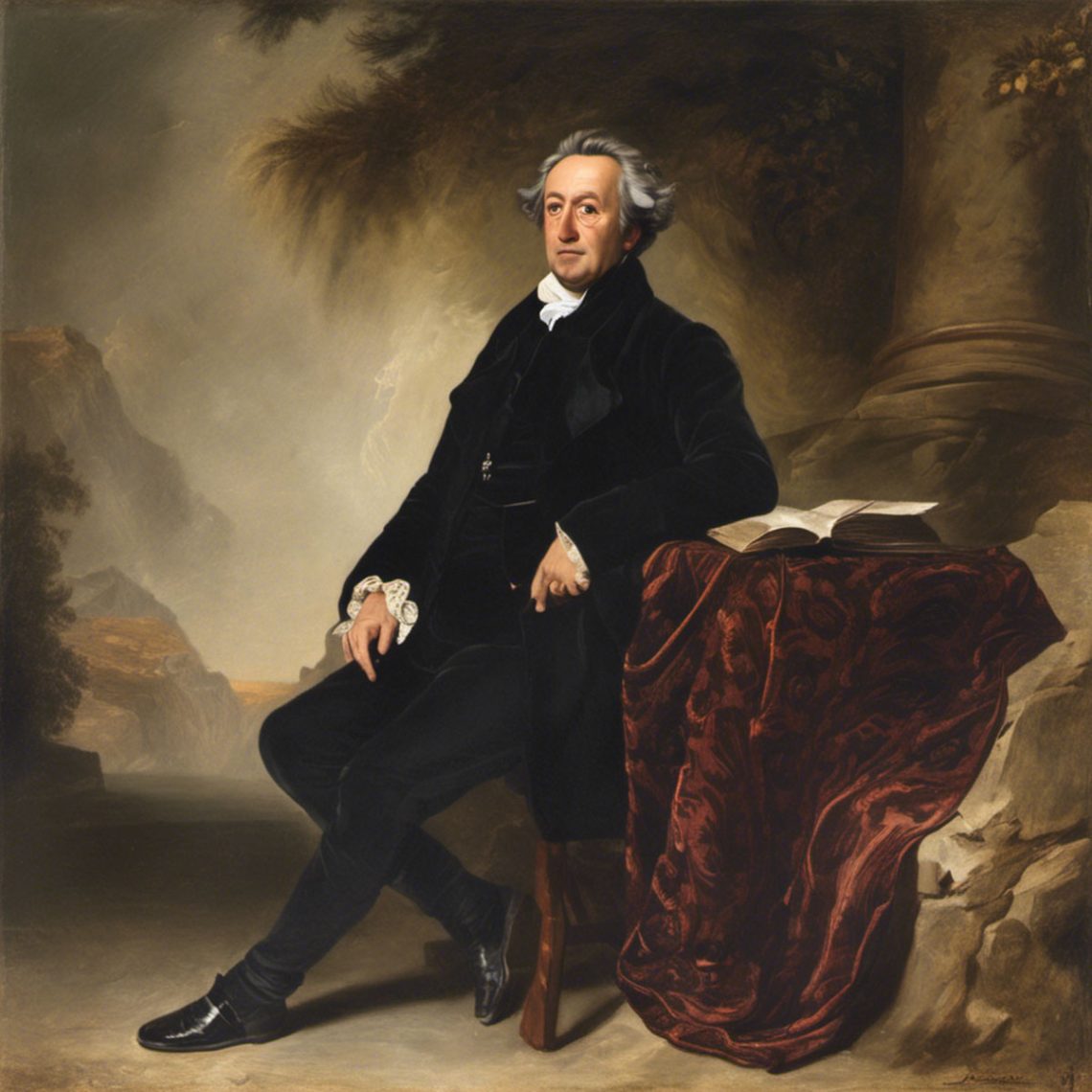Johann Wolfgang von Goethe: One of the rare giants of world literature
Johann Wolfgang von Goethe was a German writer, poet, and polymath who lived from 1749 to 1832. He is considered one of the most significant figures in German literature and Western culture. His works cover a wide range of topics, from science to philosophy, and his influence can still be felt today. In this article, we will take a closer look at Goethe’s life, works, and legacy.
Early Life and Education
Johann Wolfgang von Goethe was born on August 28, 1749, in Frankfurt, Germany. His father was a wealthy lawyer and his mother was the daughter of a wealthy Frankfurt merchant. Goethe received his early education at home and later attended the University of Leipzig, where he studied law.
Early Literary Works
During his university years, Goethe wrote several poems and plays, including “Götz von Berlichingen,” a play about a German knight, which became a success and established him as a prominent writer. His first novel, “The Sorrows of Young Werther,” published in 1774, became an instant bestseller and made him a household name.
Scientific Interests
Goethe was not only interested in literature but also in science. He studied anatomy, botany, and geology, and his research in these fields was groundbreaking. He rejected the mechanistic views of the world that were prevalent in the 18th century and developed a holistic approach to science that emphasized the interconnectedness of all things.
Late Works
In his later years, Goethe turned his attention to writing dramas, including “Faust,” which he worked on for over 50 years. “Faust” is considered his masterpiece and is regarded as one of the greatest works of German literature.
Legacy
Johann Wolfgang von Goethe’s legacy is immense. His influence can be seen in literature, science, and philosophy. His holistic approach to science influenced many later scientists, including Charles Darwin. His ideas on art and literature have had a lasting impact on the world of literature, and his works continue to be studied and celebrated today.
Key Works
- “Götz von Berlichingen” (1773)
- “The Sorrows of Young Werther” (1774)
- “Faust” (Part One, 1808; Part Two, 1832)
Awards and Recognition
- In 1782, Goethe was granted the title of “Privy Councillor” by Duke Karl August of Saxe-Weimar-Eisenach.
- In 1784, he was ennobled by Emperor Joseph II of Austria.
- In 1815, he was awarded the Cross of the Order of Saint Stanislaus by Tsar Alexander I of Russia.
Conclusion
Johann Wolfgang von Goethe was a remarkable figure whose influence on literature, science, and philosophy can still be felt today. His works continue to inspire and challenge readers, and his holistic approach to science remains relevant to this day.

